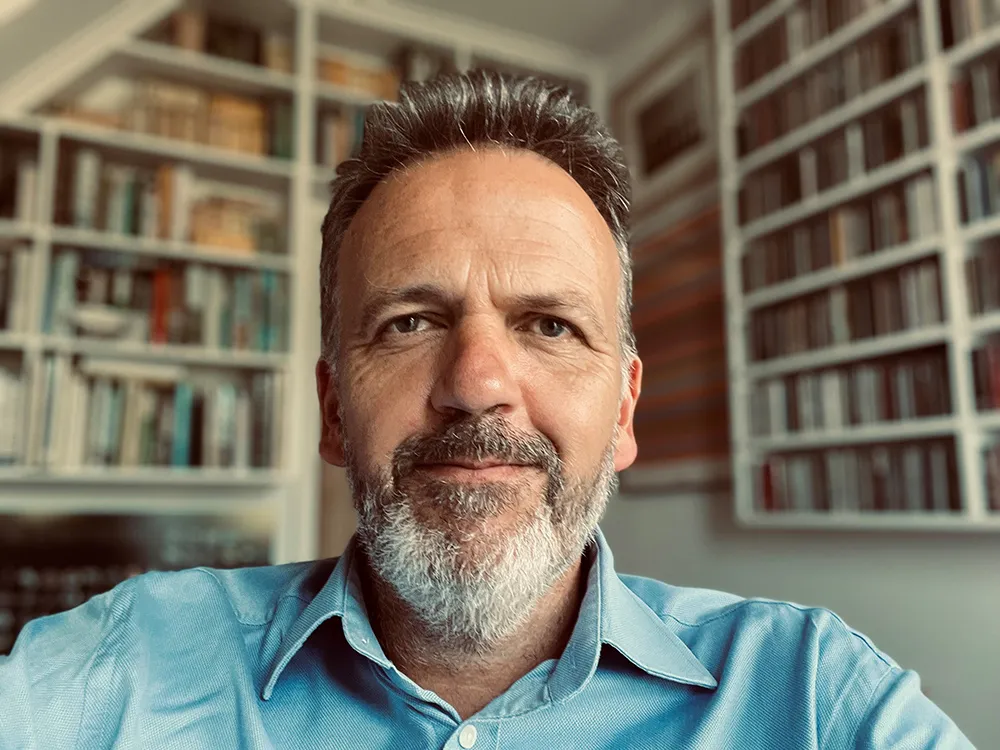VW and Shell have united to try to block Europe’s push for electric cars and more efficient cars, saying biofuels should be at heart of efforts to green the industry instead.
The EU is planning two new fuel efficiency targets for 2025 and 2030 to help meet promises made at the Paris climate summit last December.
But executives from the two organisations launched a study on Wednesday night proposing greater use of biofuels, CO2 car labelling, and the EU’s emissions trading system (ETS) instead.
In reality, such a package would involve the end of meaningful new regulatory action on car emissions for more than a decade, EU sources say.
Ulrich Eichhorn, VW’s new head of research and development, said that plug-in hybrids and more efficient vehicles were “building blocks” for the future, but that “higher shares” for biofuels would be needed in the meantime.
He told a meeting in Brussels: “Modern diesel and natural gas engines will absolutely be required to deliver CO2 targets until 2020 and they will also contribute to further reductions going on from there.”
In meeting the Paris goals, “societal costs need to be minimised to keep our industrial strength and competitiveness,” he said.
The Auto Fuels Coalition study, written by Roland Berger, makes a series of highly pessimistic assumptions about the costs of fuel efficiency improvements, and equally optimistic ones about greenhouse gas emissions from biofuels. A recent EU study found the dirtiest biofuels three times more polluting than diesel.
An EU source said: “these two industries have realised they have a shared interest. When you saw who was paying for the study, you knew what the answer would be.”
Campaigners point out that signs of an electric vehicles take-off this spring have included 400,000 pre-orders for the new Tesla’s Model 3, as well as a bid by the Dutch parliament to ban petrol and diesel engines by 2025. On Thursday Germany promised a €1bn subsidy boost for electric cars.
Yet the industry study assumes a lack of public appetite for electric cars over the next decade continuing until 5m urban recharging centres have been installed and renewable electricity prices fall from current rates.
Dr Christoph Wolff, the managing director of the European Climate Foundation, told the Guardian: “Electrification is taking off rapidly in markets such as China, Norway and the Netherlands. EU policymakers need to agree stringent measures, which will push the auto sector towards developing products that are fit to compete in this fast-evolving marketplace.”
Saudi Arabia’s recent declaration that it would detach itself from oil dependence by 2030 was heralded by campaigners as such a development. The increasing cost-competitiveness of renewables has been another.
But Shell’s vice-president for downstream strategy, Colin Crooks, said: “Liquid fuels will remain essential during the [low-carbon] transition as internal combustion engines are expected to still continue powering most transport for many years to come.”
The Dutch oil giant has invested heavily in Brazilian ethanol and Crooks stressed that biofuels would play a key role into the future, albeit one requiring policy incentives.
“New fuels will require financial support from governments to support technology development and reduce investment risk,” he said.
Road transport currently makes up about a fifth of Europe’s greenhouse gas emissions. The EU has set a target of a 60% reduction in transport emissions by 2050 as measured against 1990 levels. Emission levels are currently 20 per cent above that rate, although they have begun to fall.
By 2021, no new cars will be allowed to emit more than 95 grams of CO2 per kilometre, but electrification and wide scale renewable electricity will be needed to approach zero emissions levels.
Carlos Calvo Ambel, an analyst for the Transport and Environment think tank, said that Europe would miss its greenhouse gas targets altogether if it followed the Auto Fuels Coalition paper’s advice.
“Carmakers, oil companies and biofuels producers are making a desperate bid to dissuade Europe from undertaking fuel efficiency standards for cars, vans and trucks, a push for electric vehicles and many of the other badly needed actions in the transport sector,” he said.
VW and Shell try to block EU push for electric cars
VW and Shell have united to try to block Europe’s push for electric cars and more efficient cars, saying biofuels should be at heart of efforts to green the industry instead. The EU is planning two new fuel efficiency targets for 2025 and 2030 to help meet promises made at the Paris climate summit last December. But executives from the two organisations launched a study on Wednesday night proposing greater use of biofuels, CO2 car labelling, and the EU’s emissions trading system (ETS) instead.
April 29, 2016
Read time: 4 mins







